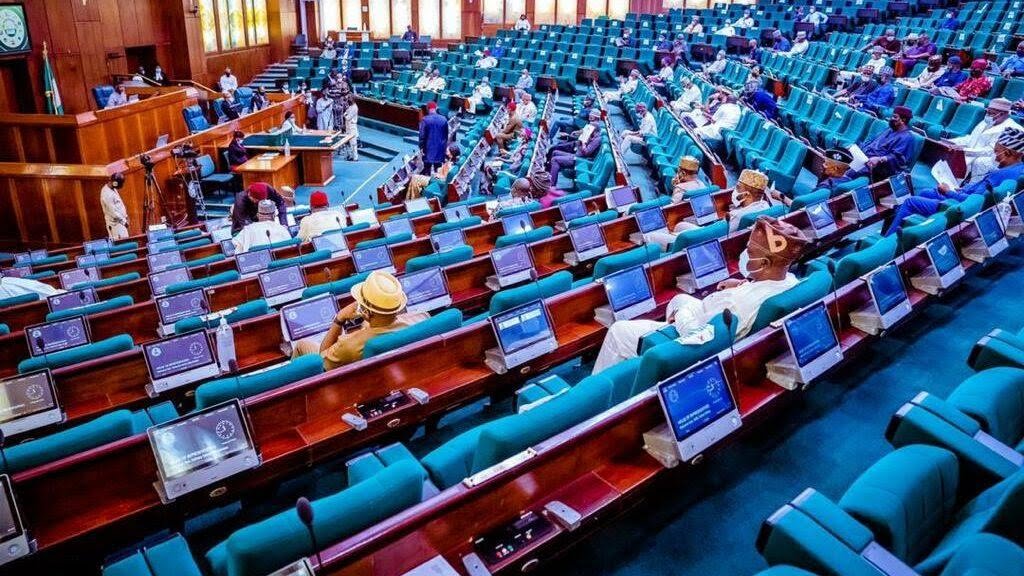- This decision stemmed from a motion moved by Rep Fred Agbedi (PDP-Bayelsa) during the committee’s hearing on Tuesday
The House of Representatives Committee on Public Petitions has authorized the issuance of arrest warrants for the Central Bank Governor, Mr.
Olayemi Cardoso, the Accountant General of the Federation, Mrs. Oluwatoyin Madein, and 17 others for their persistent refusal to appear before the committee and address queries regarding their operations.
This decision stemmed from a motion moved by Rep Fred Agbedi (PDP-Bayelsa) during the committee’s hearing on Tuesday.
Agbedi highlighted that the invitation had been extended to the CEOs on four occasions, yet they consistently failed to comply, prompting the committee to take this necessary step.
He proposed that the Inspector General of Police execute the arrest warrants, following due process overseen by Speaker Rep Tajudeen Abbas, to ensure their appearance before the committee.
In his ruling, the Chairman of the Committee, Rep Micheal Irom (APC-Cross River), said that the IG should ensure the CEOs were brought before the committee on December 14.
Earlier, the petitioner, Mr Fidelis Uzowanem, said that the petition was anchored on the Nigeria Extractive Industries Transparency Initiative (NEITI) report of 2021.
“We took up the challenge to examine the report and discovered that what NEITI put together is a report is only consolidation of fraud that has been going on in the oil and gas industry.
“It dates back to 2016 because was have been following and we put up a petition to this committee to examine what has happened.
“The 2024 budget of 27.5 trillion that has been proposed can be confidently funded from the recoverable amount that we identified in the NEITI report.
“It is basically a concealment of illegal transactions that took place in NNPCL; they have been in a sink with some oil companies where some companies that did not produce crude were paid cash core, an amount paid for crude oil production,” he said.
